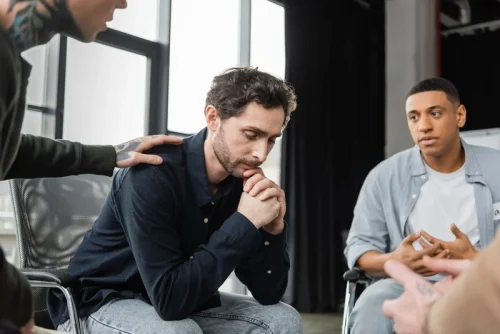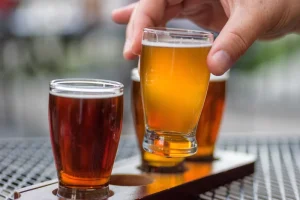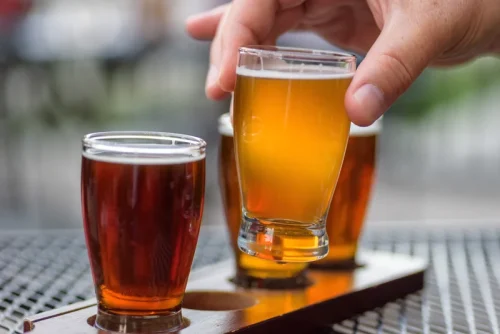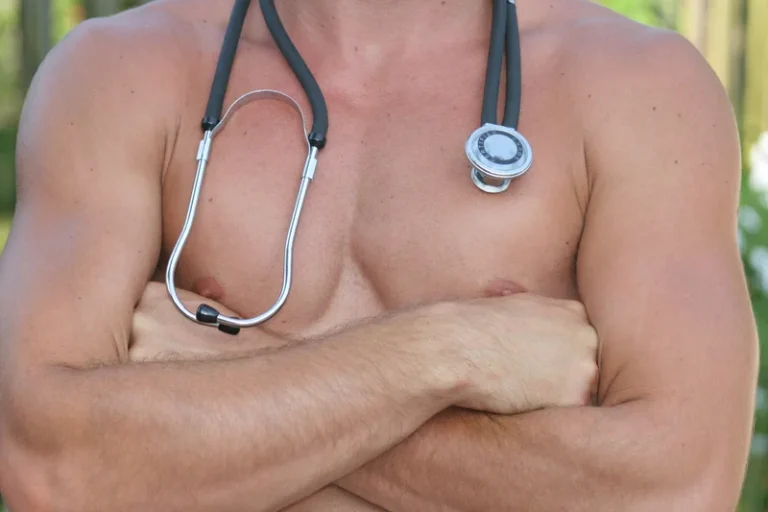
Although alcohol does alcohol help you sleep use near bedtime can promote drowsiness, it often results in fragmented, lower-quality sleep. If alcohol continues to disrupt your overall sleep quality, you may consider cutting it out entirely, or limiting your intake before bedtime. If you’ve stopped drinking alcohol, but are still having sleep issues, be sure to reach out to a sleep specialist. Drinking before bed is also linked with more slow-wave sleep patterns called delta activity, but alpha activity, which indicates wakefulness with eyes closed and often precedes sleep, is turned on at the same time. Experiencing these two brain wave activities at the same time is thought to inhibit quality rest. Additionally, alcohol inhibits REM sleep, which is often considered the most mentally restorative phase of sleep.

Beverages To Avoid to Sleep Soundly While Traveling

Alcohol has a diuretic effect that causes your body to release more water in the way of urine. The result is a lot of trips to the bathroom and a (mostly) sleepless night. So while cutting out drinking will likely benefit your sleep, there may be other factors affecting your shuteye. Even though a glass or two may help you initially drift off faster, it probably won’t benefit your sleep quality in the long run.
3. Do complex phenotypes involving insomnia and circadian rhythm abnormalities co-exist?
If you are counting the days https://ecosoberhouse.com/ until you can drink again, it will have the opposite effect. If you decide to re-introduce drinking after this period, keep in mind that all habits grow. In the same way that we might grow an exercise habit by starting with 15 minutes a day, one daily drink can easily become three without our noticing.
Top 6 Bedtime Mocktails for Sleep
“I would probably limit soda to no closer than three to four hours before bed without caffeine, and eight hours if it has caffeine,” she says. But first, it’s important to note that everyone should avoid drinking too much of any beverage just before going to bed (as the need to urinate will wake you up). For the treatment of either disorder to be effective, both insomnia and substance abuseshould be addressed together.
The Sleep Foundation says it might also help you achieve the drop in temperature that induces a feeling of sleepiness. Factor in, too, the fact that fuelling your pre-snooze anticipatory thirst apparently won’t actually improve your sleep. This study showed that in young, healthy adults, mild dehydration didn’t have any effect on sleep quality or quantity. Knowing when to stop drinking water before bed is a similar balancing act. As the Sleep Foundation explains, feeling more thirsty in the evenings is pretty common – one particular study in mice suggests it’s to do with ‘anticipatory thirst’, and a way to avoid becoming dehydrated overnight. However, just because you might feel the urge to drink more water doesn’t mean it’s necessarily a good idea.

Night Eating Syndrome: Symptoms, Causes, and Treatments
Like all things alcohol-related, it’s about moderation and knowing your limits. Too much alcohol can affect your sleep but you may benefit from a small drink before bed. Dr. Iatridis says it’s important to stop drinking at least four hours before bed to prevent sleep disruption. Sleep apnea is a common disorder where the airway collapses or becomes blocked during sleep. It has a sedative effect that helps you relax and makes you drowsy, so you fall asleep faster.
- Besides just waking you up a lot, alcohol can disrupt your normal sleep patterns enough to create some longer-term issues you may need to address.
- Avidan says he would caution against trying CBD beverages for sleep because there’s variation in how people react to it.
- If you are counting the days until you can drink again, it will have the opposite effect.
- The “evening” type (greater eveningness) individual prefers a later bedtime and a later rise time and has a greater need for sleep.
